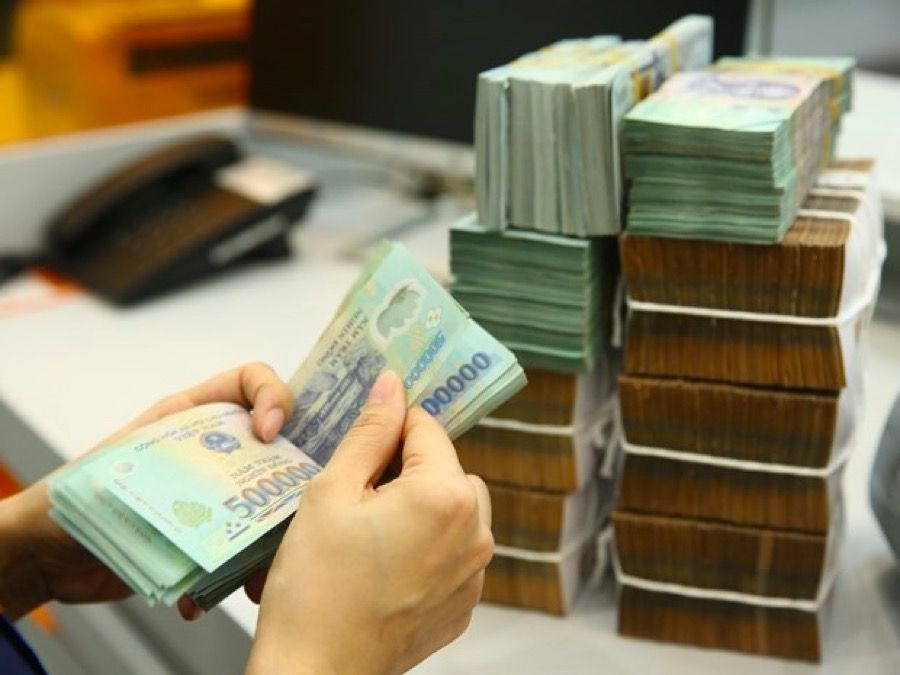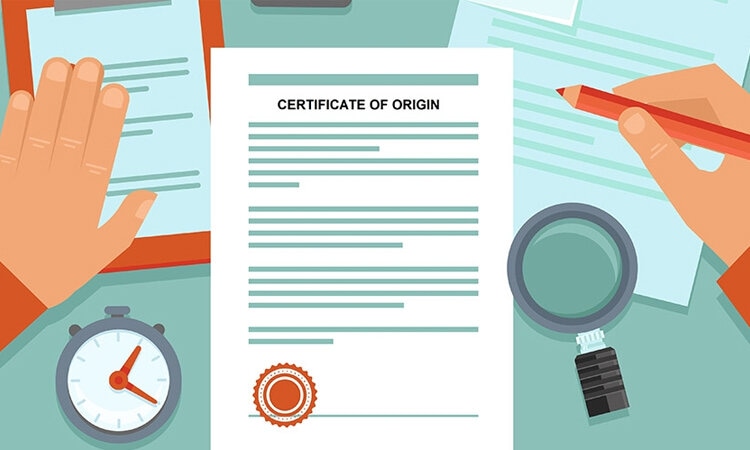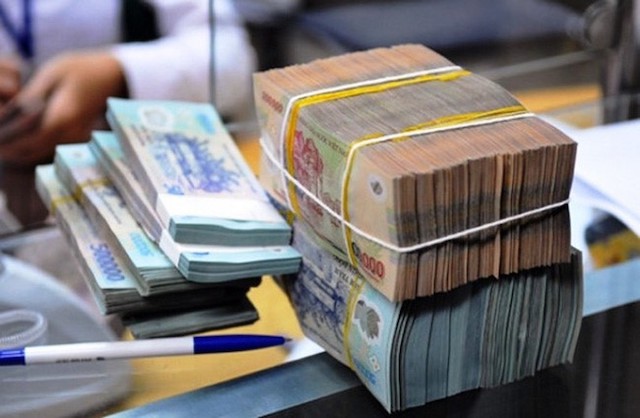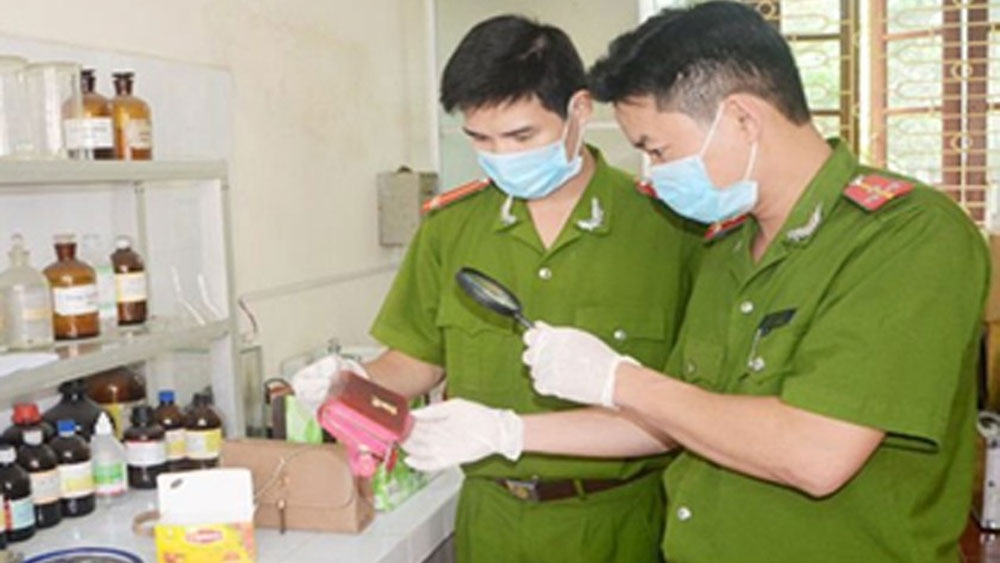What is included in the application for appointment and issuance of judicial expert cards in the field of currency and banking in Vietnam? - Trong Lam (Da Nang)

Application for appointment and issuance of judicial expert cards in the field of currency and banking in Vietnam (Internet image)
1. Scope of judicial expertise in the field of currency and banking in Vietnam
According to Article 3 of Circular 14/2020/TT-NHNN, the scope of judicial expertise in the monetary and banking sectors includes judicial expertise in:
- Paper money, metal money issued by the State Bank;
- Foreign exchange activities and gold trading activities;
- Banking activities, including activities: granting credit, receiving deposits, and providing payment services through accounts;
- Deposit insurance;
- Other activities related to money and banking under the State management function of the State Bank in accordance with the provisions of law.
2. Application for appointment and issuance of judicial expert cards in the field of currency and banking in Vietnam
The application for appointment and issuance of the card of judicial expert in the field of currency and banking includes:
- A written request for appointment and the issuance of a judicial expert card issued by the head of the unit affiliated with the State Bank where the person proposed for appointment is working;
- Certified copies of diplomas proving that the specialized training specified at Point b, Clause 1, Article 5 of Circular 14/2020/TT-NHNN suitable for the professional field for which an appointment is proposed; the written recognition of the competent authority for the diploma issued by the foreign educational institution;
- Curriculum vitae certified by the competent authority;
- Confirmation of professional operation time of the person proposed for appointment of judicial expert according to Appendix 01 issued together with Circular 14/2020/TT-NHNN;
- 02 photos of size 2cm x 3cm according to regulations of the Ministry of Justice.
(Clause 1, Article 6 of Circular 14/2020/TT-NHNN)
3. Standards for judicial expert in the field of currency and banking in Vietnam
Specifically, according to Clause 1, Article 5 of Circular 14/2020/TT-NHNN, Vietnamese citizens permanently residing in Vietnam who fully meet the following criteria may be considered and appointed judicial experts in the field of currency and banking:
- Standards specified at Point a, Clause 1, Article 7 of the Law on Judicial Expertise 2012 (amended 2020) and not in the cases specified in Clause 2, Article 7 of the Law on Judicial Expertise 2012 (amended 2020), including:
+ Having good health and moral qualities;
+ Not falling into one of the following cases where a judicial expert cannot be appointed:
(i) Loss of civil act capacity or restricted civil act capacity;
(ii) Being examined for penal liability; having been convicted without a criminal record for an unintentional crime or an intentional less serious crime; having been convicted of a serious crime, a very serious crime, or a particularly serious crime intentionally;
(iii) Being subject to administrative and educational handling measures in communes, wards, or townships, sending to compulsory detoxification establishments, or sending to compulsory educational establishments.
- Having a university degree or higher in one of the majors in finance - banking; accountant; economy; the law; information technology, fine arts, printing technology, or chemical technology trained by Vietnamese educational institutions as prescribed by law or trained and recognized by a foreign educational institution for use in Vietnam;
- Having worked professionally in the field of training for at least 5 years from the date of appointment to the rank of civil servant or public employee or signing a labor contract, suitable to the field in which that person is appointed as a judicial expert.
4. Prohibited acts in judicial expertise activities
According to Article 6 of the Law on Judicial Expertise 2012 (amended 2020), prohibited acts in judicial expertise activities are as follows:
- Refusing to make judicial expertise conclusions without a legitimate reason.
- Deliberately making untruthful judicial expertise conclusions.
- Deliberately prolonging the time for conducting judicial expertise or taking advantage of the solicitation or request for judicial expertise to cause difficulties or obstruct procedural activities.
- Taking advantage of judicial expertise for self-seeking purposes.
- Disclosing confidential information they know when conducting judicial expertise.
- Instigating or forcing judicial expertise persons to make untruthful judicial expertise conclusions.
- Interfering with or obstructing the assessment of judicial expertise.
Thanh Rin
 Article table of contents
Article table of contents










.Medium.png)
.Medium.png)
.Medium.png)
.Medium.png)
